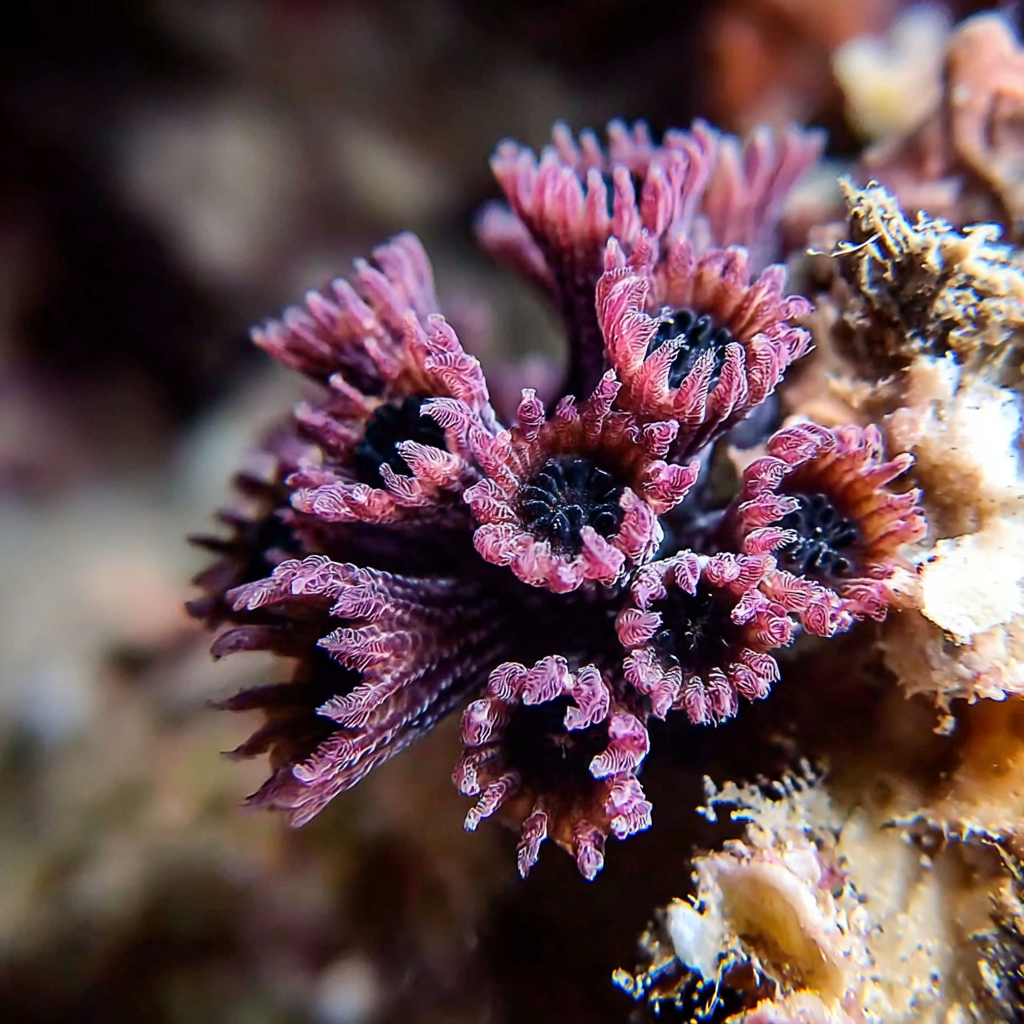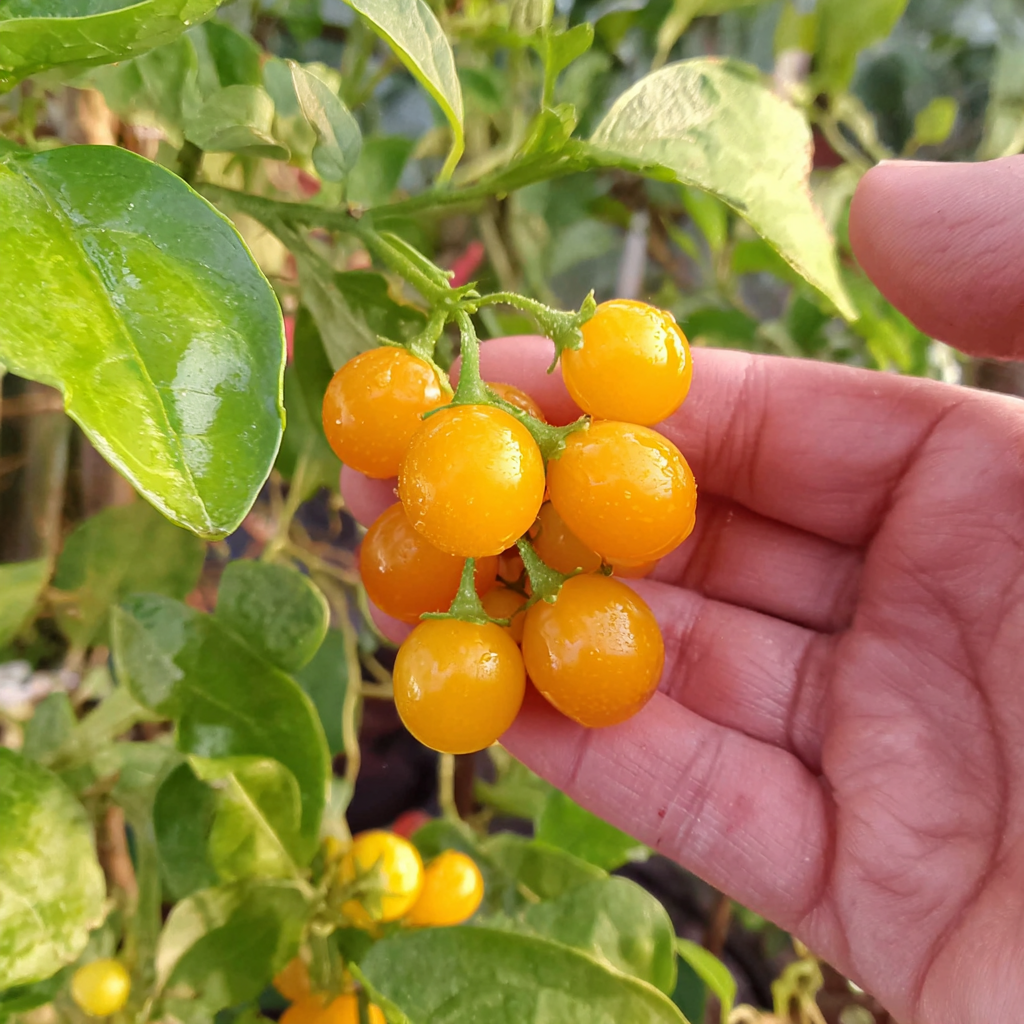
Evolution and the Galapagos still go hand in hand. On a planet constantly battling climate change and ocean pollution, the resilience and uniqueness of these islands continue to bring new hope.
New Coral Species Rediscovered
The solitary coral species Rhizopsammia wellingtoni, also known as Wellington’s Solitary Coral, was listed as possibly extinct in 2000. However, in recent months, a team of researchers from three different organizations made a remarkable discovery during diving expeditions around the islands: they identified colonies of this coral at four sites on Isabela and Fernandina Islands.
Wellington’s Solitary Coral is endemic to the Galapagos and typically found in the region’s cooler waters. Its colonies are very small, less than 1 cm wide, making them easy to overlook. This rediscovery removes R. wellingtoni from the brink of extinction and highlights the crucial role research plays in understanding marine temperature shifts and their impact on marine life.
Source: Charles Darwin Foundation

“Reverse Evolution” in Galapagos Tomatoes
Tomatoes are part of the nightshade family, which also includes eggplants, potatoes, and peppers. These plants naturally produce alkaloids that help protect them from fungi, insects, and animals.
A new study suggests that some native Galapagos tomato plants might be experiencing what some scientists are calling “reverse evolution,” influenced by the stark geological differences between the western and eastern islands.
Researchers collected wild tomato samples from several islands. On the eastern islands, the tomato plants are producing alkaloids similar to those found in modern cultivated varieties. However, on the western islands, the tomatoes were producing alkaloids that resembled those of ancient ancestors, like they are “reverting back” to older genetic traits as a mechanism to adapt to local environmental pressures.
More research is needed, as the idea of “reverse evolution” remains a topic of scientific debate.
Source: Smithsonian Magazine
Research is a key pillar of Galapagos conservation, helping us better understand and protect this delicate ecosystem. Click here to learn more about how we help safeguard the Galapagos Islands.
